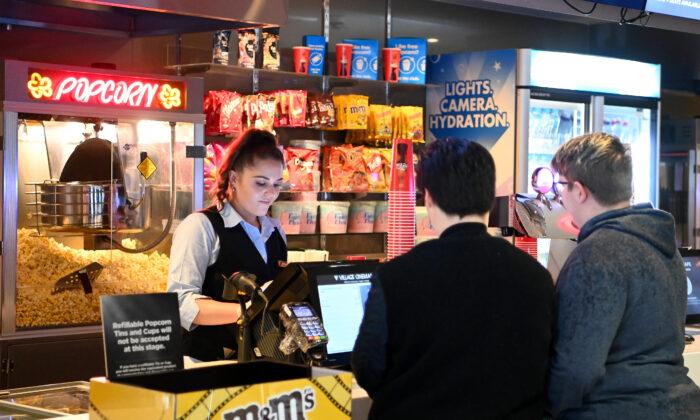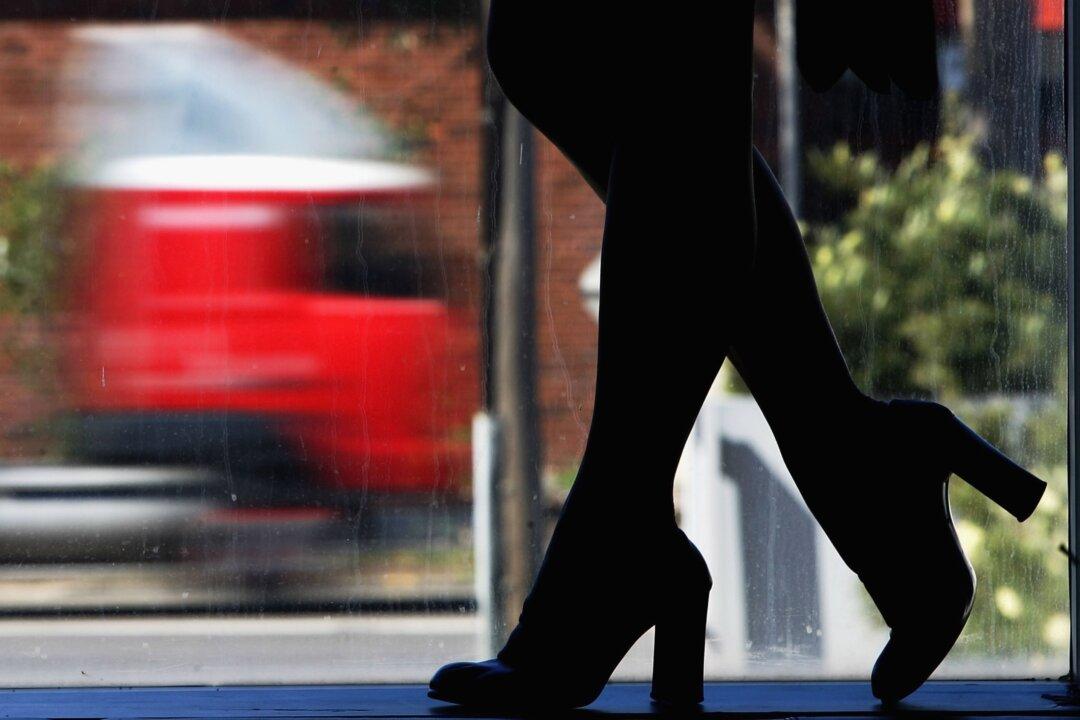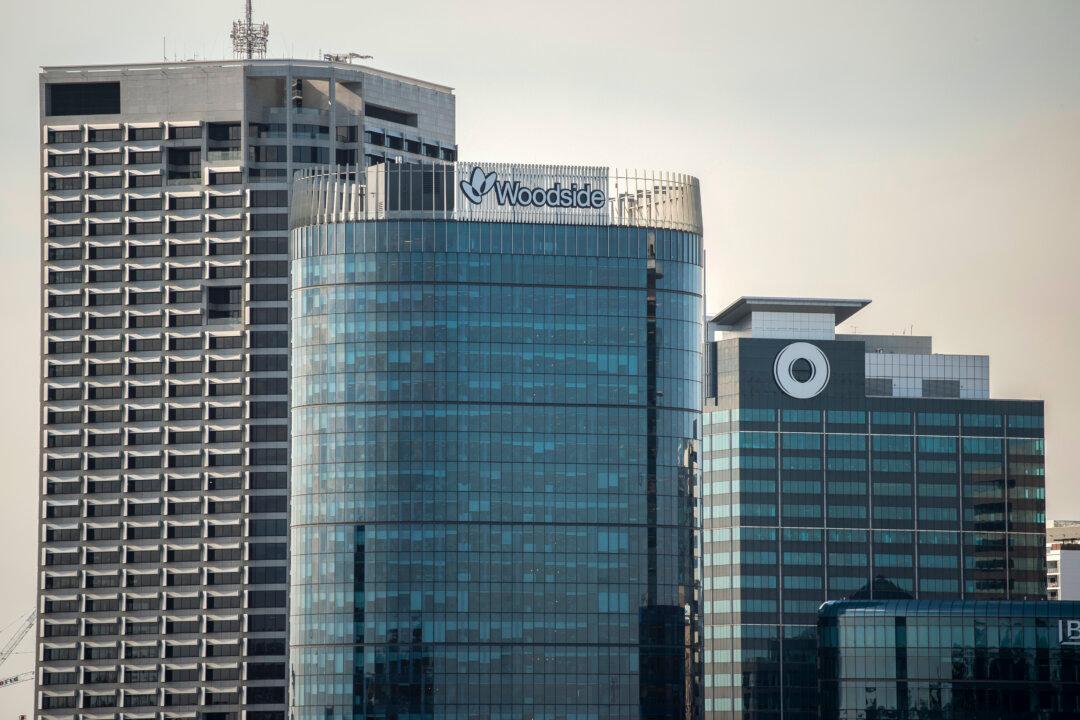The Australian business community has criticised the Fair Work Commission for the latest wave of minimum wage rises, saying it would add more pressure to struggling businesses nationwide.
The national minimum wage applies to all workers who are not covered by an award or registered agreement.
At the same time, workers who are employed via contracts or agreements will have their minimum wage increased by 5.75 percent.
Businesses Community Laments Over Record Minimum Wage Increase
Following the announcement, the Australian Chamber of Commerce and Industry (ACCI) said the Fair Work Commission’s decision would hit small and family businesses with a $12.6 billion wages bill on top of the 0.5 percent increase in superannuation payments for workers this July.“The Fair Work Commission has made a dangerous choice to chase after the supply-side inflation shock that we are experiencing. An arbitrary increase of this magnitude consigns Australia to high inflation, mounting interest rates and fewer jobs.”

The CEO warned that many small and family enterprises in the accommodation, food, construction, manufacturing, and retail sectors had experienced falling profits over the past two years and thus could not afford the wage rises without lifting their prices.
“A 5.75 percent increase will make the job of the Reserve Bank more difficult to control ongoing inflationary pressures, inflicting pain on families and small business when they are already down to the wire,” McKellar said.
Echoing the sentiment, National Retail Association (NRA) said the new minimum wage was a detachment from commercial reality for most Australian businesses.
NRA Legal Director Lindsay Carroll said most businesses could not afford the increase and expected many of them to cut workers’ hours or lay off staff.
The legal director also stated that the wage rises would counter the Reserve Bank’s effort to contain inflation.
Fair Work Commission Explains Its Decision
Fair Work Commission President Adam Hatcher said the decision was made under “very unusual” challenges, including falling real wages and high inflation.“A further challenge is an expected sharp slowdown in economic growth over the next year,” he added.
The president noted that the commission had considered the effect of high inflation on low-paid workers’ ability to meet their basic financial needs.

In addition, he said it took into account the upcoming 0.5 percent increase in the super guarantee and the impact of a softening jobs market on workers and different industries.
“We have also had regard to the need to avoid entrenching high inflation expectations by taking a perceived wage indexation approach and the recent weak performance in productivity growth,” Hatcher said.
Government and Unions Support High Wage Increases
The Labor government has expressed support for a wage rise in line with the current inflation rate of seven percent.Federal Education Minister Jason Clare believed higher wages would lead to people spending more at small businesses.
“It helps the economy,” he told reporters.
“The reason we’ve got a challenge with inflation is not because people on the lowest incomes in Australia have been paid too much. It’s just an outright lie.”
Meanwhile, the Australian Council of Trade Unions (ACTU) welcomed the Fair Work Commision’s ruling, saying it would move wages in the right direction amid high inflation.
“Along with the Annual Wage Review, our workplace laws must keep up with the times. We need strong workplace protections to ensure secure jobs, stamp out wage theft and close labour-hire loopholes so wages and conditions are not driven down while big business posts soaring profits.”





